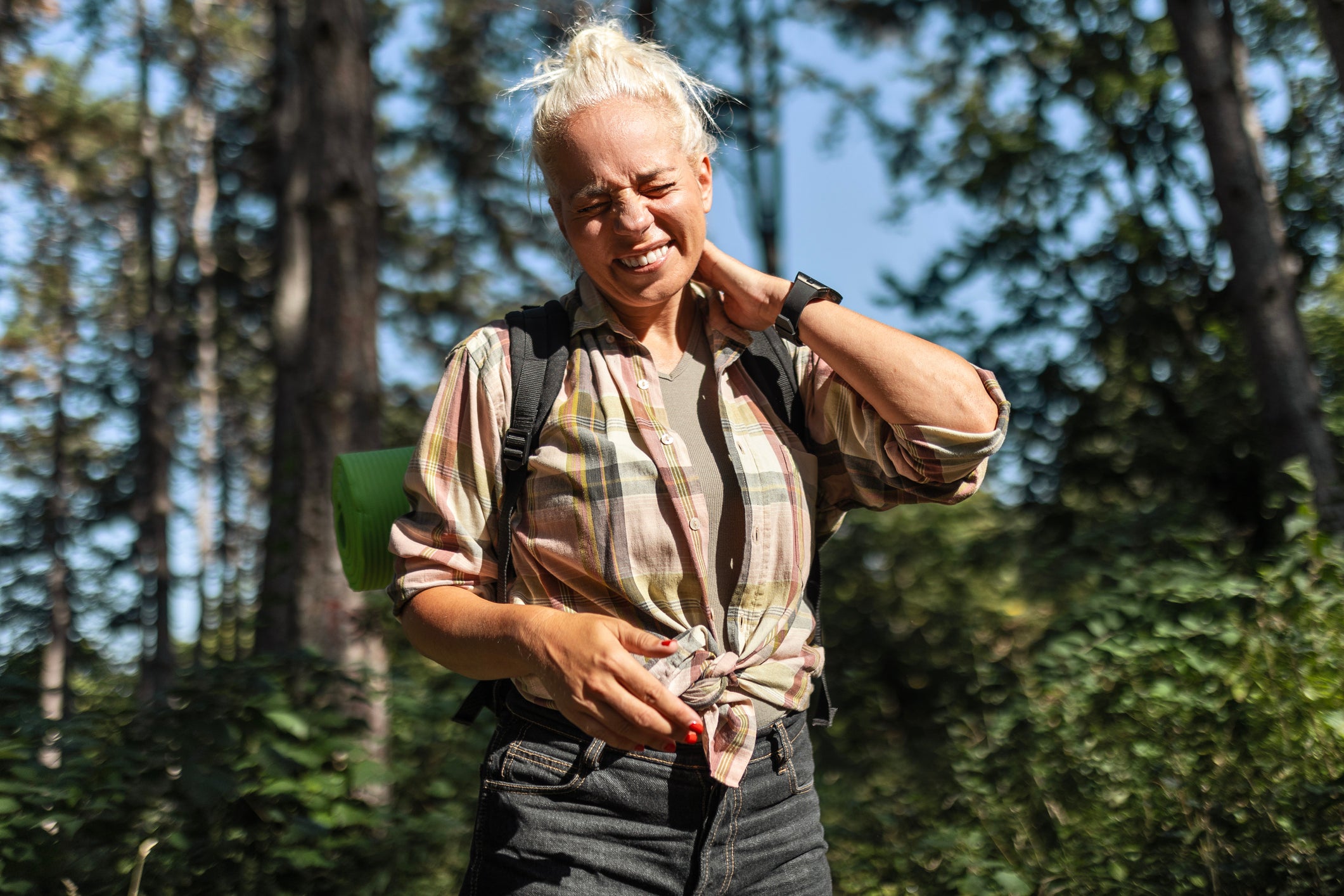Federal health officials are warning that cases of the mosquito-borne dengue fever are on the rise this year ahead of the summer travel season.
Transmission of the viral infection remains high in the U.S. and its territories, the Centers for Disease Control and Prevention said In an alert. Residents in California and Florida need to be the most concerned as their states typically have the most cases in a given year.
“Spring and summer travel coincide with the peak season for dengue in many countries, increasing the risk of both travel-associated and locally acquired cases in the United States,” the agency warned.
The potentially deadly illness is caused by the bite of infected mosquitoes. Although many people who are bitten recover in just a week, severe cases can lead to internal bleeding and death for approximately one in 20 people.
Pregnant women, adults over the age of 65, people with certain medical conditions, infants, and people with previous infections are most at risk for severe illness. The most common dengue symptom is fever, including a rash and vomiting that typically begin within two weeks of a bite. Other symptoms include bleeding from the nose or guns, belly pain, and feeling tired or restless.
Outbreaks of dengue have been declared in the U.S. Virgin Islands and Puerto Rico over the last year. A public health emergency was announced in Puerto Rico last March and remains in effect.
In the continental U.S., Florida reported most of the locally acquired cases in 2024. California reported 18, and there was just one in Texas.
The highest numbers of numbers of travel-associated cases in 2024 were reported in Florida, California and New York.
The CDC said epidemics in the Americas region are expected to lead to both more travel-associated cases and the possibility of local transmission in the continental U.S.
“A record number of dengue cases were identified among U.S. travelers (3,483 cases), which is an 84 percent increase compared to the previous year. This trend is expected to continue with increased dengue activity in endemic areas in 2025,” the CDC said.
Globally, dengue cases have increased substantially in the last five years, with the most pronounced increases occurring in the Americas. There were 13 million cases and 8,200 deaths in 2024. As of March 6, more than 760,000 global dengue cases had been reported.
Climate change is tied to rising cases, with warmer temperatures and more humid climates more hospitable to mosquitoes that can carry the virus. Fast-warming urban areas are disproportionately impacted. The same is true for other mosquito-borne illness.
Although climate change plays a major role in public health going forward, ProPublicareported that the National Institutes of Health will shut down all future funding opportunities for climate and health research. When that might happen remains undertermined.

“Vectors might adapt to new environments and climate. The interaction between dengue virus, the host and the environment is dynamic,” the World Health Organization notes. “Consequently, disease risks may change and shift with climate change in tropical and subtropical areas, in combination with increased urbanization and movement of populations.”
"Many of the places in the study region are going to more than double their projected dengue incidence" if human-caused climate change continues to aggressively heat up the planet, Erin Mordecai, an infectious disease expert at Stanford University, told NPR last year.
While there is no specific treatment for dengue fever, the best way for Americans stay safe remains avoiding exposure.
“Take steps to prevent mosquito bites during travel, particularly if traveling to an area with frequent or continuous dengue transmission,” the CDC advised. “In addition, take steps to prevent mosquito bites for three weeks after travel to avoid possibly spreading the virus to others if you are in an area where mosquitoes are active. These activities will also lower the risk for other vector-borne diseases.”







